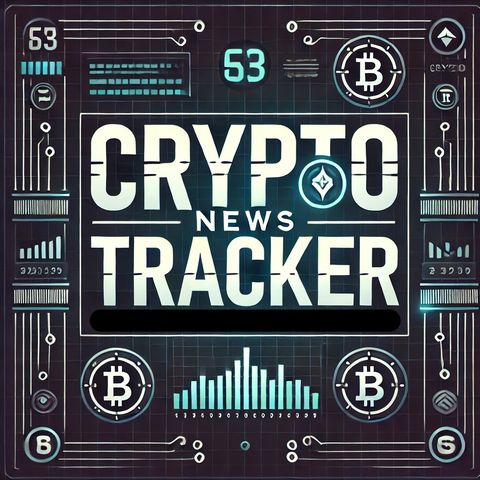"Supreme Court of India's YouTube Channel Hacked to Promote Ripple Cryptocurrency Scam"

Sign up for free
Listen to this episode and many more. Enjoy the best podcasts on Spreaker!
Download and listen anywhere
Download your favorite episodes and enjoy them, wherever you are! Sign up or log in now to access offline listening.
"Supreme Court of India's YouTube Channel Hacked to Promote Ripple Cryptocurrency Scam"
This is an automatically generated transcript. Please note that complete accuracy is not guaranteed.
Description
In a startling breach of cybersecurity, the official YouTube channel of the Supreme Court of India was hacked on September 20, 2024, and used to promote a cryptocurrency developed by...
show moreThe cyberattack was discovered when a blank video titled "Brad Garlinghouse: Ripple Responds To The SEC's $2 Billion Fine XRP PRICE PREDICTION" appeared on the channel. This video featured the name of Brad Garlinghouse, the CEO of Ripple Labs, which is currently embroiled in legal disputes with the US Securities and Exchange Commission (SEC). During this time, previous videos of Supreme Court hearings were made private by the hackers.
This incident is not an isolated one; it follows a recent trend of hackers targeting high-profile YouTube channels to promote cryptocurrency scams. Earlier, the Hyderabad Metro’s X (formerly Twitter) account and the Indian Hockey team’s X account were also hacked to promote a cryptocurrency token named $HACKED on the Solana blockchain.
The Supreme Court of India has been using its YouTube channel to livestream hearings of cases involving public interest since 2018, a policy initiated under former Chief Justice UU Lalit. The channel's live streams include proceedings before Constitution Benches and other significant matters. The hacking of such a critical platform underscores the vulnerabilities in cybersecurity and the persistent threat of crypto-related scams.
Ripple Labs has previously faced similar issues, having sued YouTube in 2020 for failing to stop scammers from impersonating its CEO, Brad Garlinghouse, in cryptocurrency scams. The company accused YouTube of selling ads and verifying accounts that promoted fake cryptocurrency giveaways, highlighting the broader challenge of combating crypto scams on social media platforms.
Following the breach, the Supreme Court issued a notice stating that the YouTube channel had been taken down and would resume services shortly. The IT team of the Supreme Court is working with the National Informatics Centre (NIC) to address the issue.
This incident comes at a time when cyberattacks on Indian websites have surged significantly, with a 261% year-on-year increase in the first quarter of 2024, according to a report by security SaaS firm Indusface. India has taken the top spot globally in terms of distributed denial of service (DDoS) and bot attacks, emphasizing the need for enhanced cybersecurity measures.
The hacking of the Supreme Court's YouTube channel serves as a stark reminder of the evolving threats in the digital landscape and the importance of robust cybersecurity protocols to protect critical online platforms.
Information
| Author | QP-4 |
| Organization | William Corbin |
| Website | - |
| Tags |
Copyright 2024 - Spreaker Inc. an iHeartMedia Company
